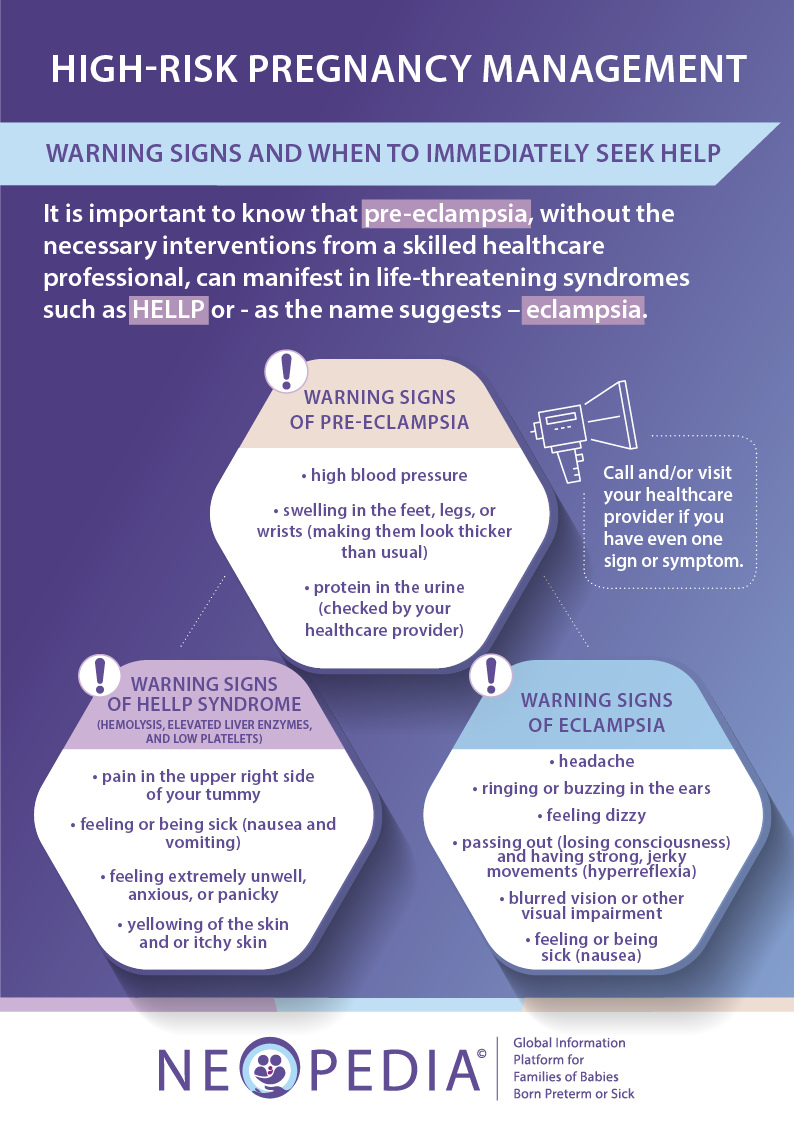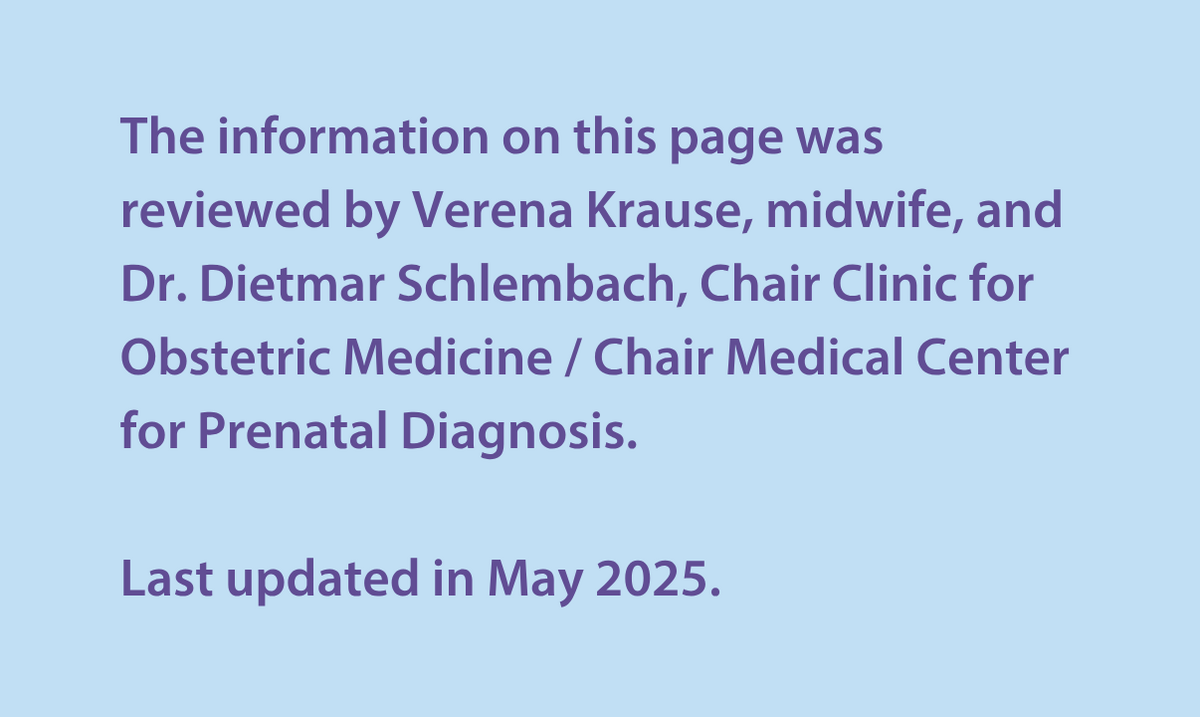
High-risk pregnancies need special care to ensure the best outcomes. It is important to see your healthcare provider early, as your medical history helps decide the right care and any necessary referrals.
The number of women who can have children but are considered to have high-risk pregnancies is steadily increasing. Thanks to medical advances, including new ways to diagnose and treat both mother and baby, many conditions that were once seen as incompatible with a healthy pregnancy are now manageable. However, women labelled as high-risk often feel vulnerable and anxious. Emotionally, they tend to experience higher levels of stress and uncertainty during their pregnancies, which increases their need for support from healthcare professionals and support networks.
Possible complications that can make a pregnancy high-risk include pre-eclampsia⍰, infections like vaginal infections, cytomegalovirus (CMV)⍰ and toxoplasmosis, fetal growth restriction, as well as long-term health conditions like diabetes⍰, thyroid problems, kidney diseases⍰, obesity, high blood pressure⍰, and asthma.
Vaginal infections are common, especially during pregnancy, as hormonal changes can upset the pH balance in the vagina. A pH level below 4.5 may indicate harmful bacteria, which increases the risk of early labor. Good hygiene is important to prevent vaginal infections.
CMV, or cytomegalovirus, is a common virus that spreads through body fluids like breast milk, blood, saliva, tears, urine, semen, and vaginal fluids. Once infected, the virus stays in your body for life. It is active when you first catch it, but then it becomes inactive and stays dormant. The main source of the infection are toddlers, especially those going to kindergarten or preschool.
In healthy individuals, CMV often causes no symptoms, but if a woman gets CMV during the first half of the pregnancy, it can have serious effects on the baby. The virus can be passed to the baby through the placenta⍰, which may lead to hearing loss, speech problems, or challenges with learning and development. Breastfeeding mothers with CMV can pass the virus to preterm babies, but pasteurization or freezing the milk can reduce this risk. Prevention includes testing for CMV before pregnancy, practicing good hand hygiene, and being cautious around young children and during diaper (nappy) changes.
Toxoplasmosis, caused by the Toxoplasma gondii parasite, is not often detected in the EU. Infection can happen through eating raw meat, unwashed vegetables, or contact with cat feces. If a woman gets toxoplasmosis before or during pregnancy, the infection can be passed to the baby, potentially causing serious problems like hydrocephalus⍰, brain damage, and vision issues. To prevent toxoplasmosis, avoid handling cat litter or wear gloves while doing so, wear gloves when gardening, wash fruits and vegetables well, and avoid eating raw meat.
Women with long-term health conditions often do not know how these may affect their pregnancy or baby. Proper advice and care before getting pregnant are essential, especially for women with existing chronic conditions. Diabetes⍰ requires careful control of blood sugar⍰ levels and specialized care, and gestational diabetes⍰, which occurs during pregnancy, is detected through routine tests. Thyroid conditions need early treatment to prevent developmental problems in the baby. With the right medical care, women with chronic diseases can have healthy and uncomplicated pregnancies.

